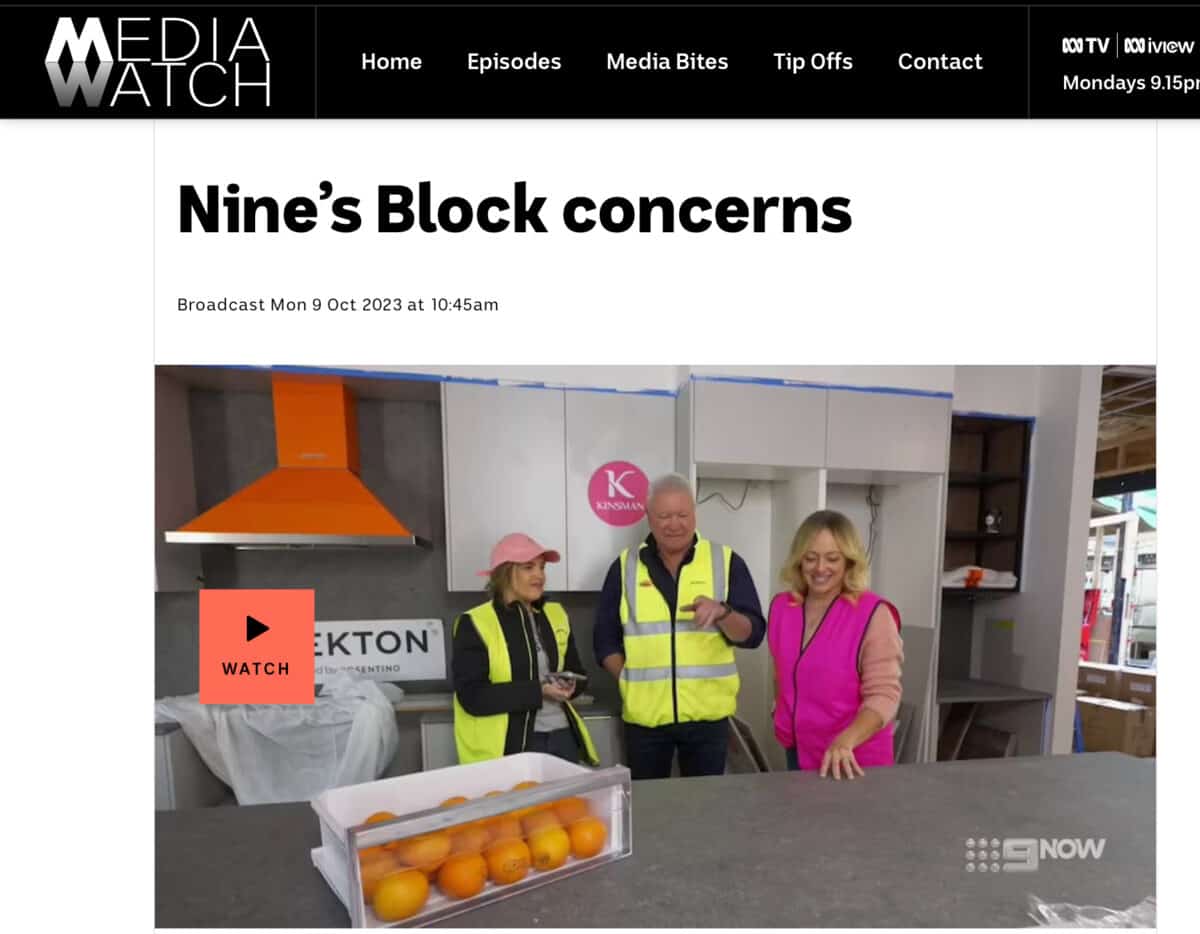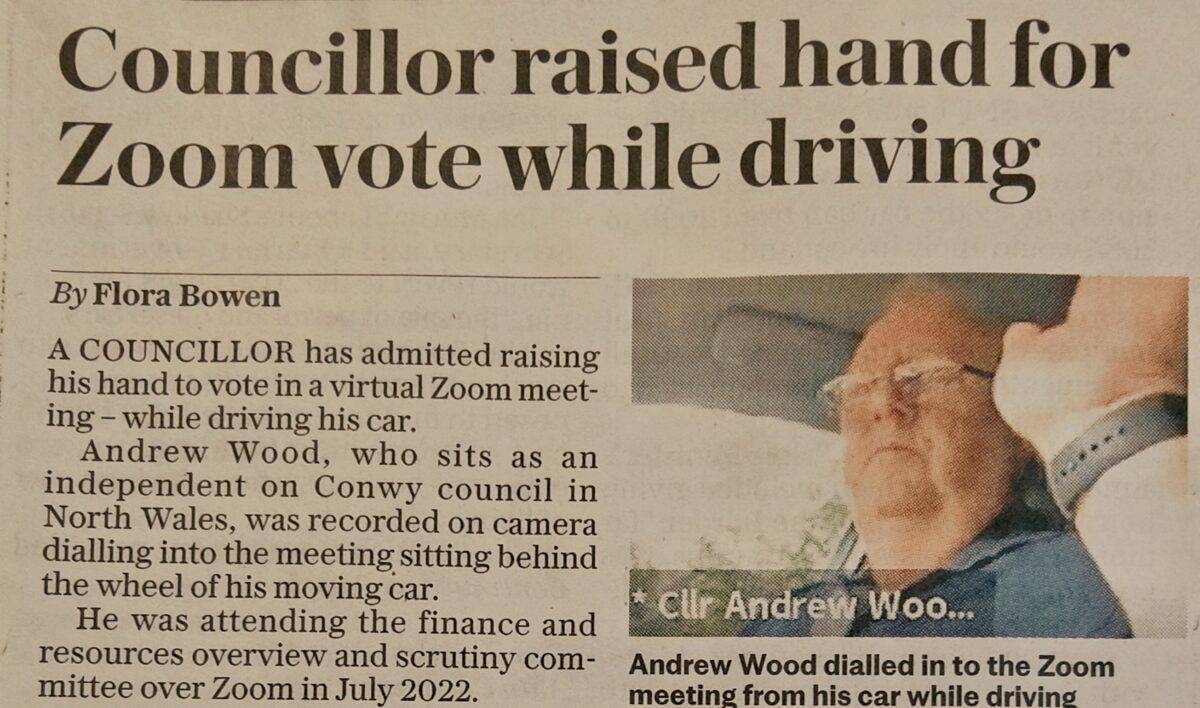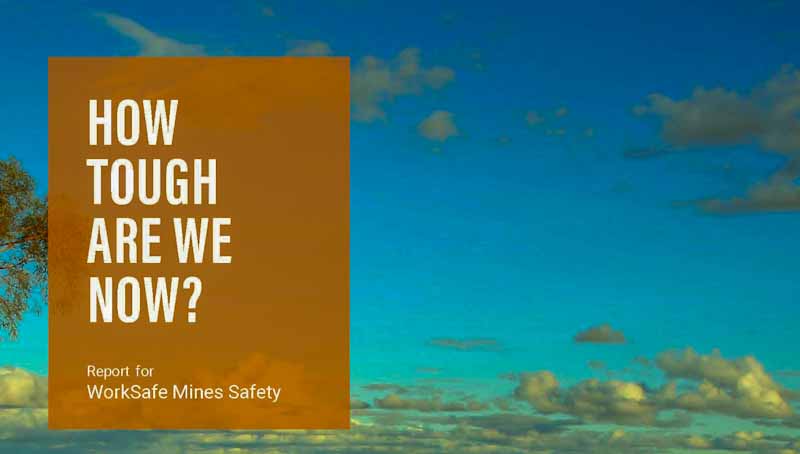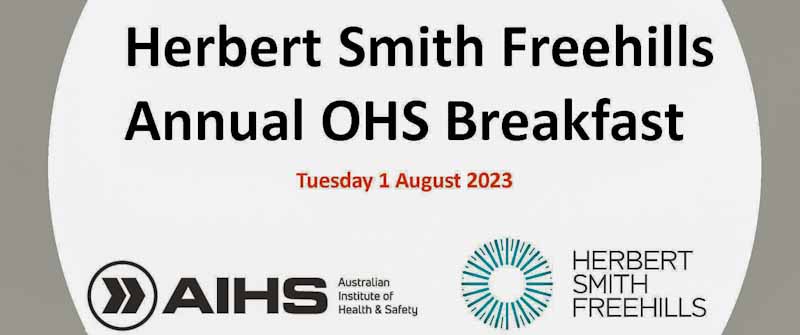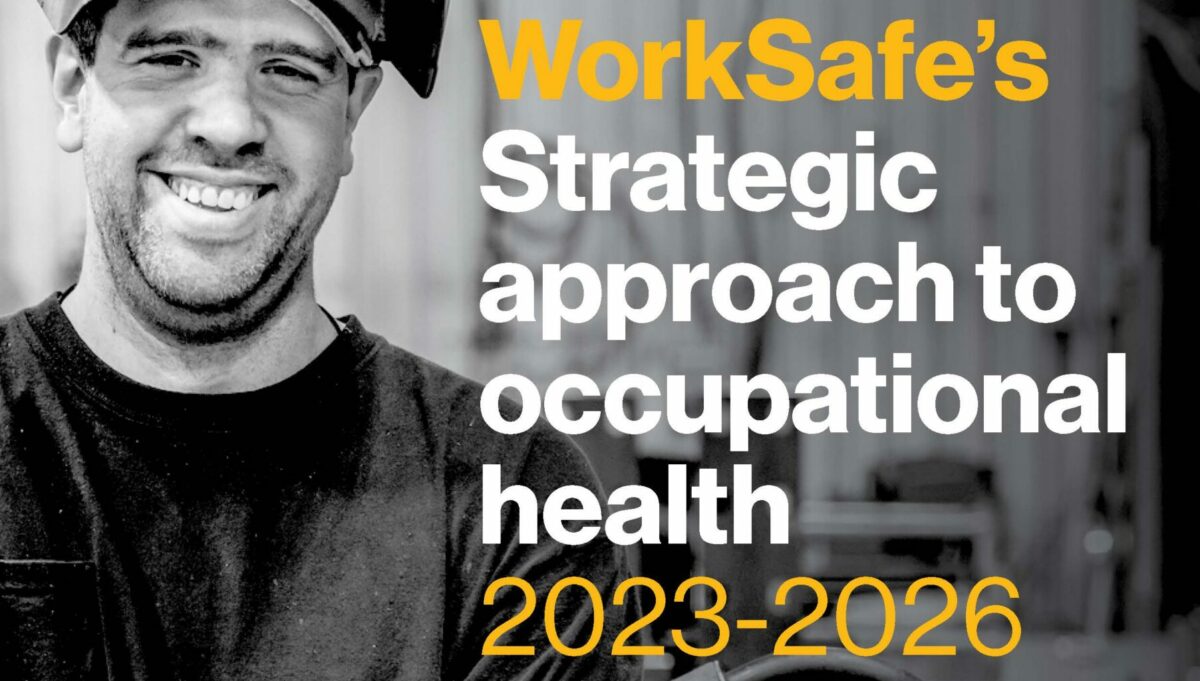One supplier of synthetic stone products to Australia, Cosentino, is in the mainstream media after an appearance on a popular television home renovations show on the Nine Network, The Block. Several occupational health and safety (OHS) professionals and organisations have raised concerns about how the product was discussed and presented on a recent episode. The best coverage of this matter has been by an ABC television program, MediaWatch.
MediaWatch revealed the importance of listening to how dangerous products are described and how the guidance of OHS Regulators can be interpteed or manipulated.

